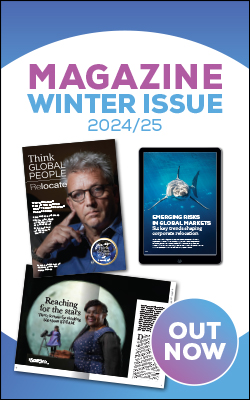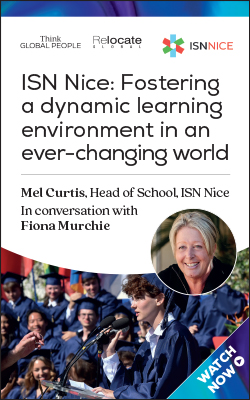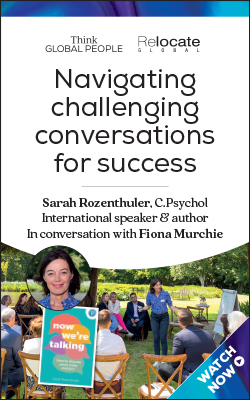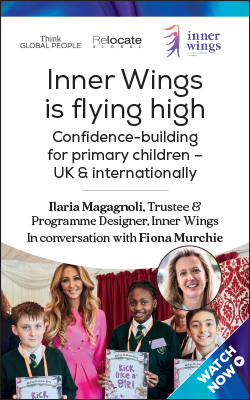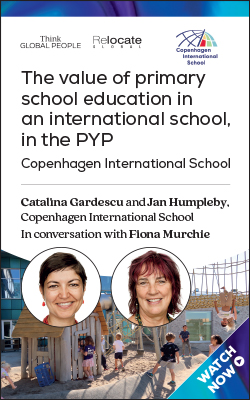New research suggests that a degree in social sciences plus international experience are the two most common characteristics shared by today’s professional leaders around the world.
The research by the British Council in partnership with Ipsos Public Affairs, studied 1,709 professional leaders from 30 different countries and observed the pathways to leadership from the perspectives of the leaders themselves. It studied leaders from public, private and not-for-profit sectors.
Degrees for leadership44 per cent of those researched had studied a social science degree such as economics, international relations, law, political science or psychology, and 11 per cent had studied a humanities degree such as history, literature, languages or the arts. Over half of them hold a master’s degree and almost half have a doctoral degree in social sciences.
“Higher education gave me a broad understanding of history, geography, and cultural knowledge within a group of highly intellectual and knowledgeable people. As a result I could think more critically and creatively, and this has been a huge contributor to my career,” said Morgane Danielou, Vice President of Operations at French company Emerging Ag Inc, one of the leaders researched in the study.
The research also found that younger professional leaders (those under the age of 45) have a higher proportion of social sciences and humanities degrees, and younger leaders tend to have a slightly higher number of master’s degrees in the social sciences and humanities. In comparison, older professional leaders (those over the age of 45), are more likely to have an education background in health, mathematics, biology, physical science, military science or engineering.
Many of the leaders who were researched said that, beyond academic development, higher education provided tangible skills and knowledge
that were needed to advance their careers.
International experienceGaining international experience was another common characteristic identified in the research. Almost half (46 per cent) of leaders have international experience; a third have international work experience, and a third have international education experience at degree level. Many said the international experiences helped them to communicate and work with people from different backgrounds.
International experience is lowest in Anglo countries (English-speaking countries such as the UK, Ireland, US, Canada, Australia and New Zealand) where only a quarter of leaders have any international experience. It is highest in Middle Eastern countries where almost three-quarters of leaders have international experience. In the Anglo countries, international work experience is more common than international education experience. This is possibly a function of plentiful, strong and affordable higher education offerings at home and easier movement for work between countries.
Where leaders travelled internationally for their education, 40 per cent studied in the United States and 17 per cent in the United Kingdom.
Jan-Willem Middelburg, Director for Education and Consulting at Pink Elephant in the Netherlands who was researched for the study said “I learned more in that first year studying [abroad] than all the years afterwards. You’re in a completely different environment. You have no structure to fall back on, so you really need to make sure that you’re successful on your own. I strongly believe that it’s a matter of taking accountability for your own success.”
Results of the research were announced at the British Council Going Global conference 2015 in June.
For more Re:locate news and features about leadership, click here and for more about international assignments, click here©2025 Re:locate magazine, published by Profile Locations, Spray Hill, Hastings Road, Lamberhurst, Kent TN3 8JB. All rights reserved. This publication (or any part thereof) may not be reproduced in any form without the prior written permission of Profile Locations. Profile Locations accepts no liability for the accuracy of the contents or any opinions expressed herein.






